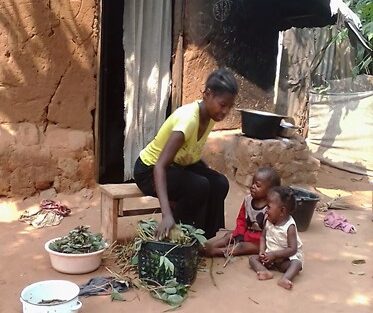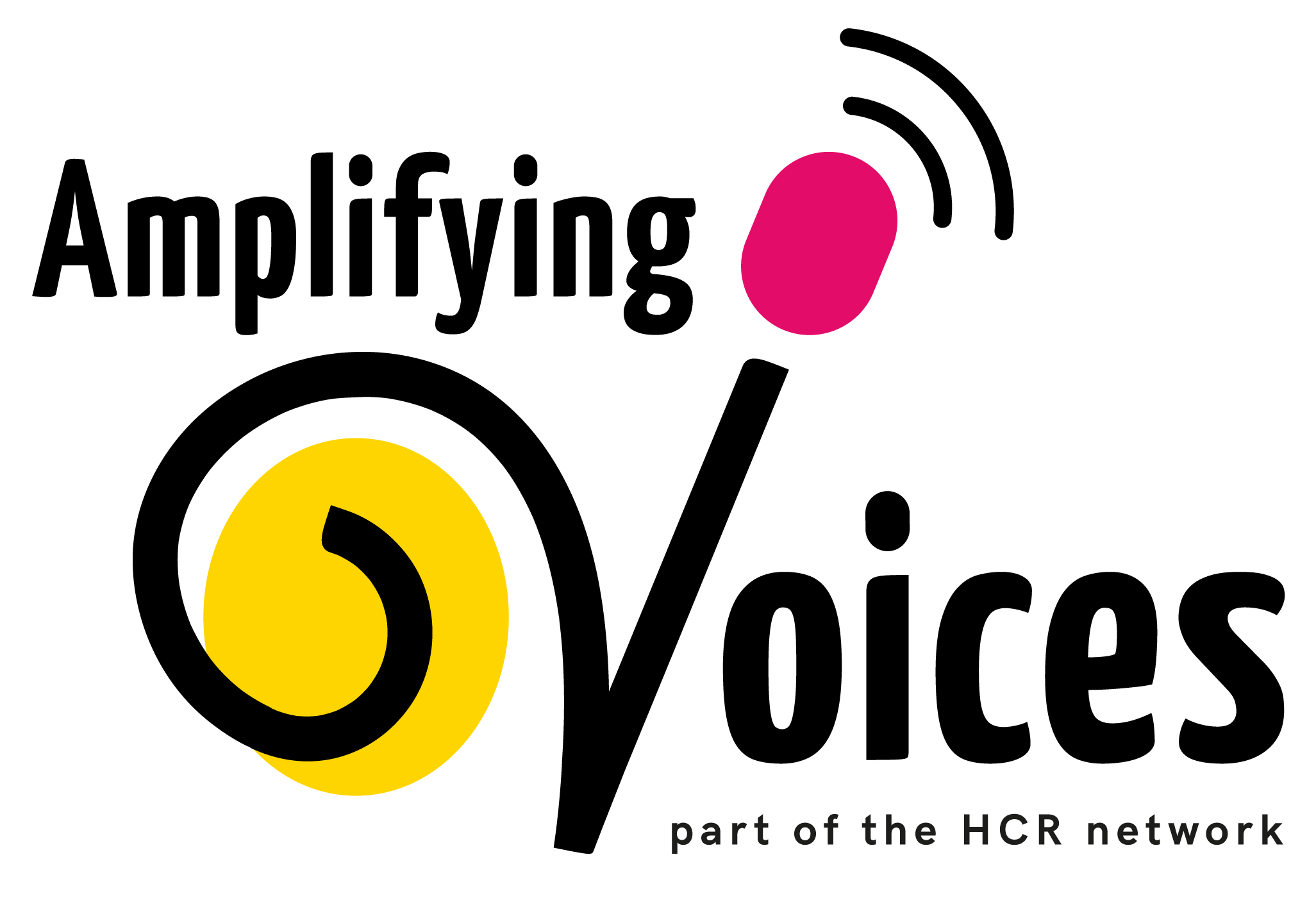
Misinformation harms the most vulnerable
Information on the street
Working in collaboration with Stop the Child Witchcraft Accusations (SCWA) partners, we have been analysing community feedback from trusted contacts in 12 countries in Sub-Saharan Africa. Three key themes emerged:
- Misinformation about the causes of Covid-19 leads to confusion and failure to take action.
- Covid-19 restrictions have caused severe socio-economic harm to local communities’ and households’ that were already facing disadvantage.
- Fear created by the above uncertainty and insecurity is linked to increased witchcraft accusations and abuse of vulnerable children.
These themes highlight the need for communities to be able to accurately explain why life has got tougher since Covid-19, building on local conversations around reliable information.
Misinformation and confusion
Our contacts told us that there is a lot of speculation about Coronavirus in their countries and communities. Reasons given for the spread of the pandemic include Coronavirus being: ‘a punishment from God’, ‘a ruse from the devil’, ‘an outworking of biological warfare between Chinese and American superpowers’, ‘the result of 5G technology’ or ‘a highly infectious illness’. Some believe that Coronavirus doesn’t exist at all or that African people are safe from it because it cannot survive warmer climates. Blame is most frequently attributed to either the Chinese, the West or the wealthy with their international travel. Government authorities rely on media to communicate health messages to their populations. However, our partners reported that a lot of additional information is being shared on social media and that this information is frequently unreliable. This confusion causes fear and discourages people from taking action to protect themselves and their communities.
Socio-economic harm
Consistently we heard that the impact of lockdown restrictions is far more severe than the impact of the virus itself. As people have lost their livelihoods, many are starving. Food insecurity is mentioned again and again. The pandemic has done long term damage to economies and livelihoods in Sub-Saharan countries and this is putting families under significant extra pressure. We heard from Mrs G in Kananga, DR Congo:
“My husband, who lost his job, abandoned me and our three children. I don’t know where he is. I am trying to get by now by selling leaves to meet the needs of my children. I feed the same kind of cassava leaves that I sell on their own [i.e. that is all she feeds them] to feed my children once a day. The huge anxiety that plays on my mind is that one of my children is already suffering from malnutrition. I don’t know what to do or when coronavirus is going to end.”
Witchcraft Accusations
A rise in witchcraft accusations is noted in Nigeria, Kenya and DR Congo, and this increase often happens at times of crisis. Families are under pressure and they want explanations for their changing circumstances. Children with behavioural or physical differences to local norms become scapegoats, accused of witchcraft or of bringing a curse on their homes. They are often abandoned to live on the streets in major cities like Kinshasa. Food insecurity is particularly severe for vulnerable groups such as children living on the streets. The COVID-19 impact is compounded by lack of access to clean water and to facemasks to protect them from the virus.
Beyond confusion and fear
Many of these injustices could be avoided through local communities being equipped to develop and disseminate more accurate explanations for misfortune, and through feeling empowered to develop their own responses to the hardships.
Our partners’ feedback identifies churches and radio as highly trusted sources of information, which suggests that these are good routes to starting community conversations based on accurate information. Social dialogues are essential for identifying common local concerns, for building healthy understanding of them and for developing sustainable local responses to COVID-19 and lockdown restrictions.
